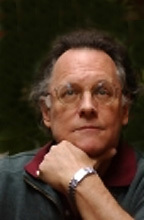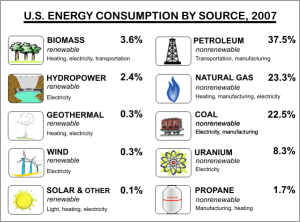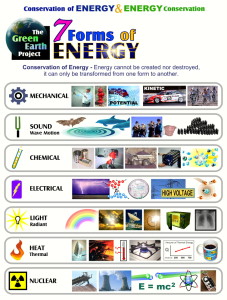
Battery technology may not seem like a very glamorous sector of science but is critical to developments in a hundred areas from mobile phones to cars and buses. Here is some interesting new research.
‘Revolutionary’ Advanced Battery Leaps Theoretical Maximum Boundary
TINA CASEY – Clean Technica/The Raw Story
Just when you thought you knew everything about the theoretical maximum capacity of batteries, along comes the Oak Ridge National Laboratory to throw you for a loop. A team of researchers at ORNL has developed a pathway for ‘unprecedented energy density” in a battery that has already demonstrated a 26 percent increase over its theoretical maximum.
. . . . . . .
However, according to ORNL the discovery could stretch single use battery life by ‘years or even decades.” That has significant implications for medical devices, remote sensors and keyless systems, and other applications where recharging is not an ideal solution.






